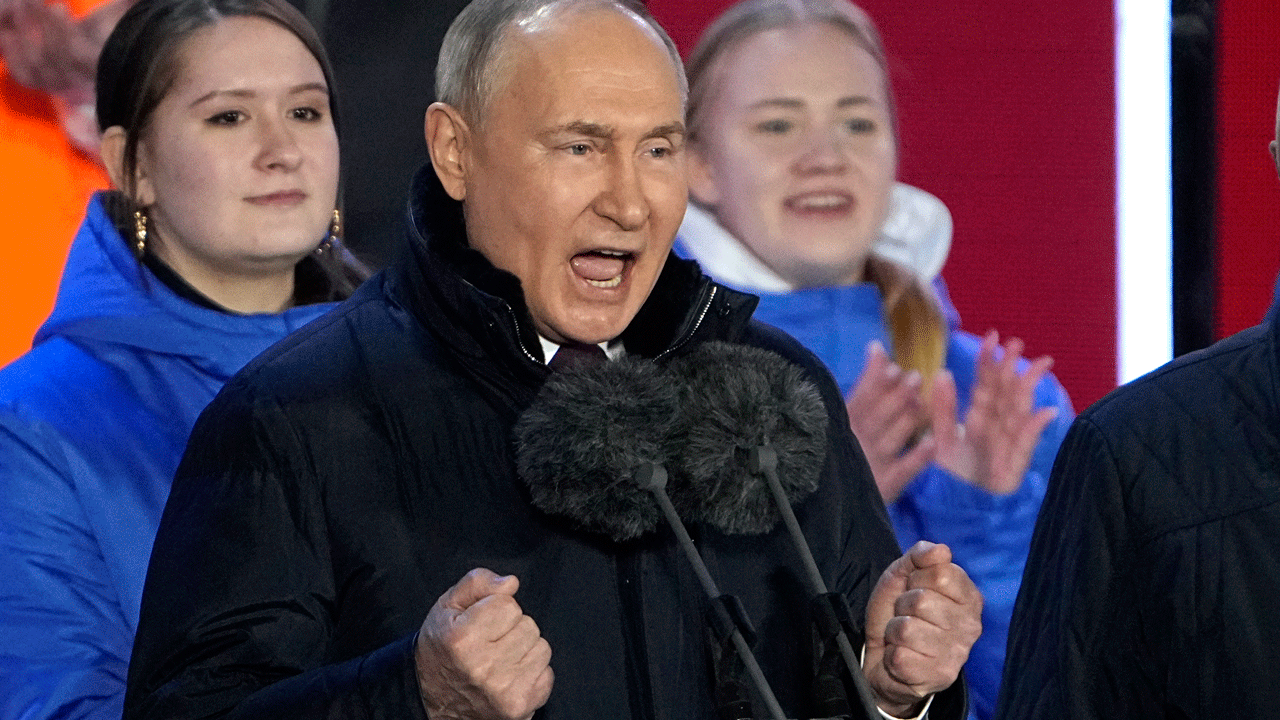In what was deemed a preordained victory, President Vladimir Putin has clinched another six years at the helm of Russia. This tenure now extends until 2030, making him the longest-serving Russian head of state since Joseph Stalin. The recent election, marked by an absence of genuine competition and a stringent crackdown on opposition and freedom of expression, echoed the authoritarian undercurrents reminiscent of the Soviet era. With Putin receiving an overwhelming 87.28% of the vote amid a purportedly high turnout of 77.44%, the electoral process faced criticism for its lack of transparency, independent monitoring, and the evident suppression of dissenting voices. Yet, in defiance of the escalating pressures, some Russians ventured to assert their discontent, underscoring a simmering undercurrent of resistance within the nation.
Putin’s control over the election apparatus was unmistakable, with the electoral process tightly managed to ensure an unassailable victory. Reports from Golos, Russia’s premier independent election watchdog, and OVD-Info, a rights group monitoring political arrests, painted a concerning picture of voter intimidation and a significant departure from electoral norms previously observed in Russia. Despite the veneer of unity projected by state media, instances of vandalism and subtle protests hinted at the undercurrents of dissatisfaction among segments of the populace. The opposition, although beleaguered by arrests and the exile of key figures, attempted to galvanize silent resistance through the “Noon Against Putin” protest, a testament to the enduring spirit of dissent even in the face of overwhelming adversity.
As Putin embarks on this extended tenure, the shadow of anticipated unpopular decisions looms. Past actions, such as the contentious pension reform following the 2018 election, serve as a precedent for potentially unfavorable policies that may emerge in this new term. The relaxed demeanor of Putin post-election belies the critical juncture at which Russia stands, with the prospect of internal discontent and international scrutiny intensifying in the years to come. The election solidified Putin’s grip on power. Still, it has also spotlighted the resilience of an opposition unwilling to be silenced, signaling a complex and evolving political landscape in Russia.
The dynamics of this election and its aftermath underscore a pivotal moment for Russia, where the consolidation of power contrasts sharply with the persistence of resistance. As the nation navigates this period of political certainty for its leadership against a backdrop of uncertainty for its democratic institutions, the world watches closely. The interplay of control and resistance within Russia defines the current political climate. It sets the stage for the unfolding narrative of governance, opposition, and the quest for a more open society in the years to come.







